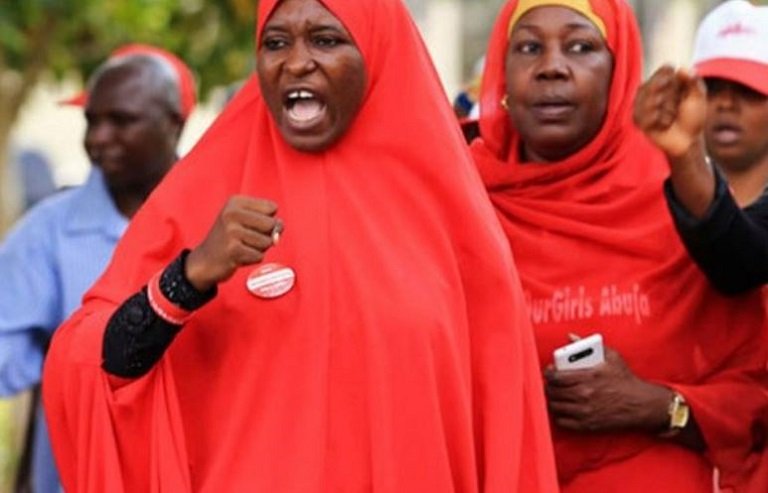National News
ASUU Strike: FG, SERAP head to court, as lecturers leave for greener pastures

In the 70s and early 80s, Nigeria was home to many foreigners who thronged into the country in search of greener pastures. Today, the reverse is the case as the trend is that many Nigerians, especially professionals in different sectors, now leave the country for overseas in droves. The continuous strike and exodus of professionals for greener pastures abroad, especially in the education, is causing unrest in the economy.
Following unresolved and prolonged industrial dispute between the Academic Staff Union of Universities and its employer, the federal government, the latter has filed an application dragging ASUU before the National Industrial Court of Nigeria.
The move appeared to be the last resort to be employed by the federal government in a bid to end one of the longest strike actions embarked upon by Nigeria’s university lecturers.
The Socio-Economic Rights and Accountability Project and five university students have sued President Muhammadu Buhari before the National Industrial Court seeking an order to compel the federal government to honour the agreement it reached with ASUU. SERAP and the students asked the court to order the government to implement forthwith the terms of the Renegotiated 2009 Agreement and the 2020 Memorandum of Action in order to put an end to the strike action and desist from further violation of the rights of the Nigerian students to quality education.
ASUU members have been on strike since February 14, 2022, and all negotiations avenue to end the strike proved abortive as the union insisted on the renegotiation of 2009 agreement, implementation of the University Transparency and Accountability Solution, earned allowance, among other demands that bordered on refurbishment of Nigerian universities.
In a letter addressed to the chief registrar of the National Industrial Court of Nigeria, dated 8th September, 2022 seen yesterday, minister of labour and employment, Dr Chris Ngige, obliged the court to give the issue an accelerated hearing in order to bring the dispute to an end.
Please find attached three original copies of a Referral Instrument regarding the trade dispute between the Federal Government of Nigeria/Federal Ministry of Education and The Academic Staff Union of Universities for adjudication by the National Industrial Court of Nigeria.
“The referral instrument is raised in line with powers vested on the honourable Minister of Labour and Employment by trade dispute resolution mechanisms and the provision of Section 17 of the Trade Dispute Act, CAP. T8, Laws of the Federation of Nigeria, 2004). In view of the fact that ASUU members have been on strike since February 14, 2022, and have refused to call off the action despite apprehension of the same it would be appreciated if this dispute is given an accelerated hearing in order to bring the dispute to an end”, the letter added.
The applicants are also praying the court for an order mandating the defendants and their agents to immediately release and pay all the withheld and outstanding remunerations, salary, allowances and other emoluments both for the period and outside the period of the current strike action to all members of ASUU. They are further urging the court for an order of perpetual injunction restraining the defendants and their agents from unlawfully reneging, rescinding and/or refusing to implement the Renegotiated FGN-ASUU 2009 Agreement and the 2020 Memorandum.
They are further seeking a declaration that the acts of the defendants and their agents in withholding the remunerations of the members of ASUU for the period of the strike while at the same time paying members of sister staff unions is discriminatory and in violation of ASUU members’ right to freedom of association, right to strike and collective bargaining.
The applicants averred that the federal government has failed to respect, protect, promote and fulfil the right to quality education, and the right to freedom of association through the principle of collective bargaining.
“They also submitted that, “Although Nigeria has ratified several human rights treaties, which guarantee the right to quality education of Nigerian students, the Federal Government has over the years refused to meet the demands by ASUU, and to address the poor environment in the country’s universities.
“The failure to implement the agreements with ASUU is also a fundamental breach of the right to education without discrimination or exclusion, as strike actions continue to penalize economically disadvantaged parents who have no means or capacity to send their children to private schools.”
“Equal access of Nigerian children and young people to quality and uninterrupted education including at the university level would contribute to producing citizens who are fundamentally equal and people who actively participate in society.
“It would enable people to enjoy the rights as well as fulfil obligations that are associated with citizenship,” the applicants stated.










